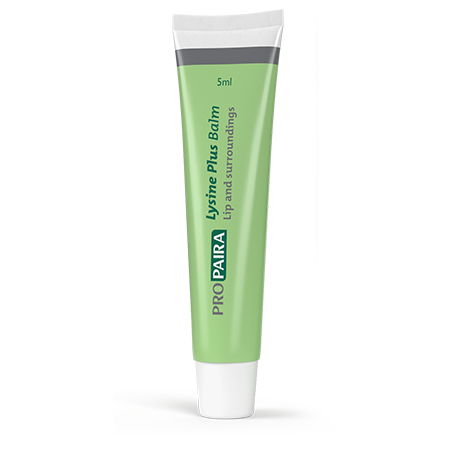Lysine
- Powerful treatment for cold sores
- Hydrating
- Anti-ageing
- Promotes youthful skin
- Antioxidant
Lysine is an essential amino acid, meaning the body cannot produce it on its own and it must be obtained through diet or supplements. You can obtain lysine from foods such as eggs, quinoa, meat (chicken, beef, pork), legumes and dairy products. It plays a vital role in many physiological functions, including the production of collagen. Lysine also has the ability to promote wound healing, combat cold sores, and support the skin’s overall health and appearance.
Lysine has been shown to accelerate the healing process of wounds, cuts, and skin injuries. It plays a role in the formation of new skin tissue, promoting faster regeneration and repair. Lysine works by enhancing the body's ability to form collagen at the wound site, which strengthens and supports tissue growth. It also helps by improving the absorption of calcium, which is important for cellular repair.
As a result, lysine is often recommended for post-surgical healing, to speed up the recovery of cuts or abrasions, and to reduce the risk of scarring
One of the most well-known benefits of lysine is its ability to help treat and prevent cold sores (herpes simplex virus outbreaks). Lysine works by inhibiting the replication of the herpes virus, preventing the virus from growing and spreading. Cold sores are typically triggered by the amino acid arginine, which the herpes virus needs to multiply. Lysine competes with arginine and reduces its availability, thereby limiting the virus's ability to cause outbreaks.
References:
Meenu Singh , D. Muralidhara Rao , Shivansh Pande, Sowjanya Battu , Mahalakshmi. K , K. Rajeswar Dutt , M. Ramesh (2011) Medicinal Uses of L-Lysine: Past and Future, International Journal of Research in Pharmaceutical Sciences. Availible at: https://www.researchgate.net/profile/Dowlathabad-Rao/publication/267817166_Medicinal_Uses_of_L-Lysine_Past_and_Future/links/56e13ff908ae979addf10b6b/Medicinal-Uses-of-L-Lysine-Past-and-Future.pdf
Products that contain Lysine
